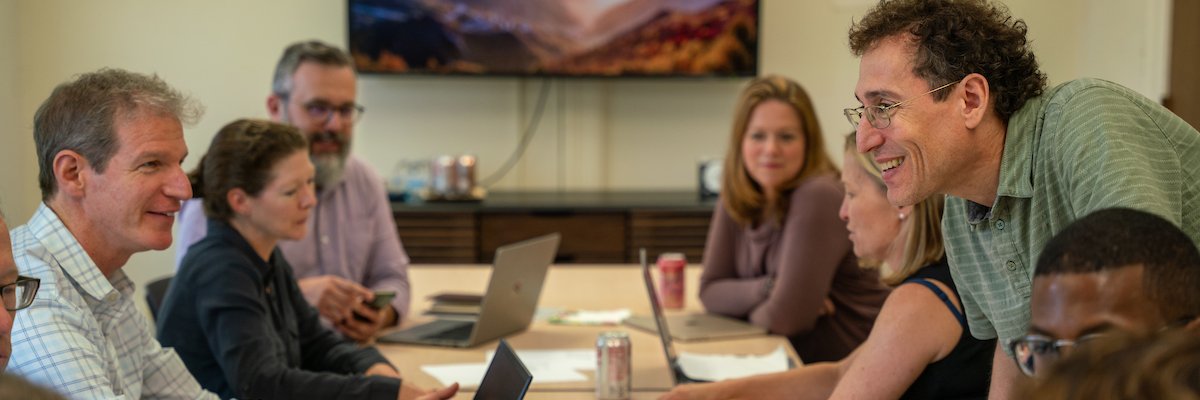
Institute for Policy Research at Northwestern
@IPRatNU
The Institute for Policy Research is a nonpartisan, interdisciplinary social science research institute at Northwestern. We conduct research to improve lives.
For more than 50 years, researchers at IPR have pursued a singular focus: providing the evidence that policymakers need to make people’s lives better. Learn how our research is making an impact beyond @NorthwesternU. spr.ly/6012NNLrM



President Trump’s tax and spending bill includes major Medicaid cuts, likely leaving 12 million uninsured. @KelloggSchool’s @C_Garthwaite told @Reuters that expanding Medicaid saved lives, and cutting it will likely do the opposite. spr.ly/60104f4Dm
Even low sodium levels in drinking water can harm health. Our study of 197 countries’ guidelines, led by Juliette Crowther & @JacquiWebster3, found that most guidelines focus on taste, not health. This change needs to be pushed! (Yes, a Salt-N-Pepa nod!) #waterinsecurity
In @BLaw, @NorthwesternLaw's Kimberly Yuracko and Max Schanzenbach write that university trustees who fail to ensure their schools comply with anti-discrimination laws are breaching their fiduciary duties and could be held personally liable. spr.ly/6015fzlgF

Why does Northwestern research matter to you? At IPR, we see how research drives better policy and improves lives. Whether you're a student, faculty member, staff, alum, or community member—we want to hear your perspective. Share your #ResearchMatters story:…

Since February, the Trump administration has made drastic cuts to the Institute of Education Sciences (IES). @stats_tipton told @the74 that the IES provides critical guidance on effective school materials and tech and needs more, not less, support. spr.ly/6012fKyej

A new device measures how much milk a baby gets while breastfeeding. @NUFeinbergMed's Craig Garfield spoke to @latimes about how the device can also guide parents and physicians on when routines may need to change to increase milk production. spr.ly/6018fKyEQ
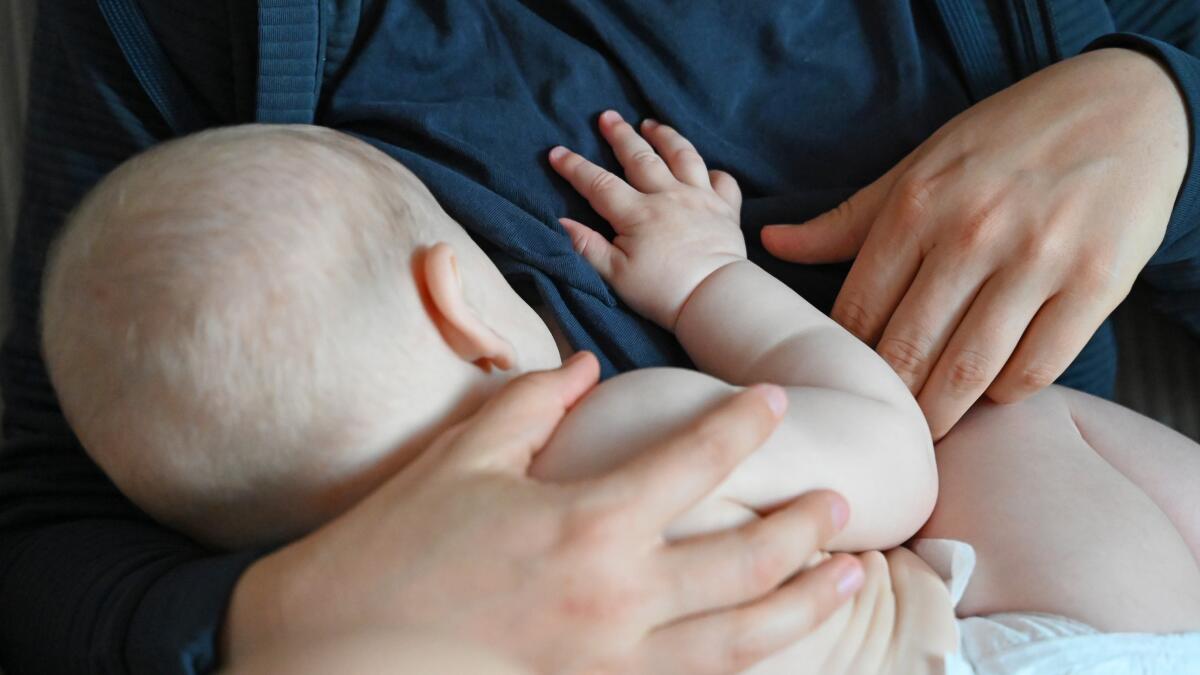
New data show that Midwest & Northwest states rank highest in quality of life, while Southern states rank lowest. Rankings could shift as states adapt in different ways to tariffs, immigration, & climate change, @NUFeinbergMed's David Cella told @Newsweek. spr.ly/6015fyhX7
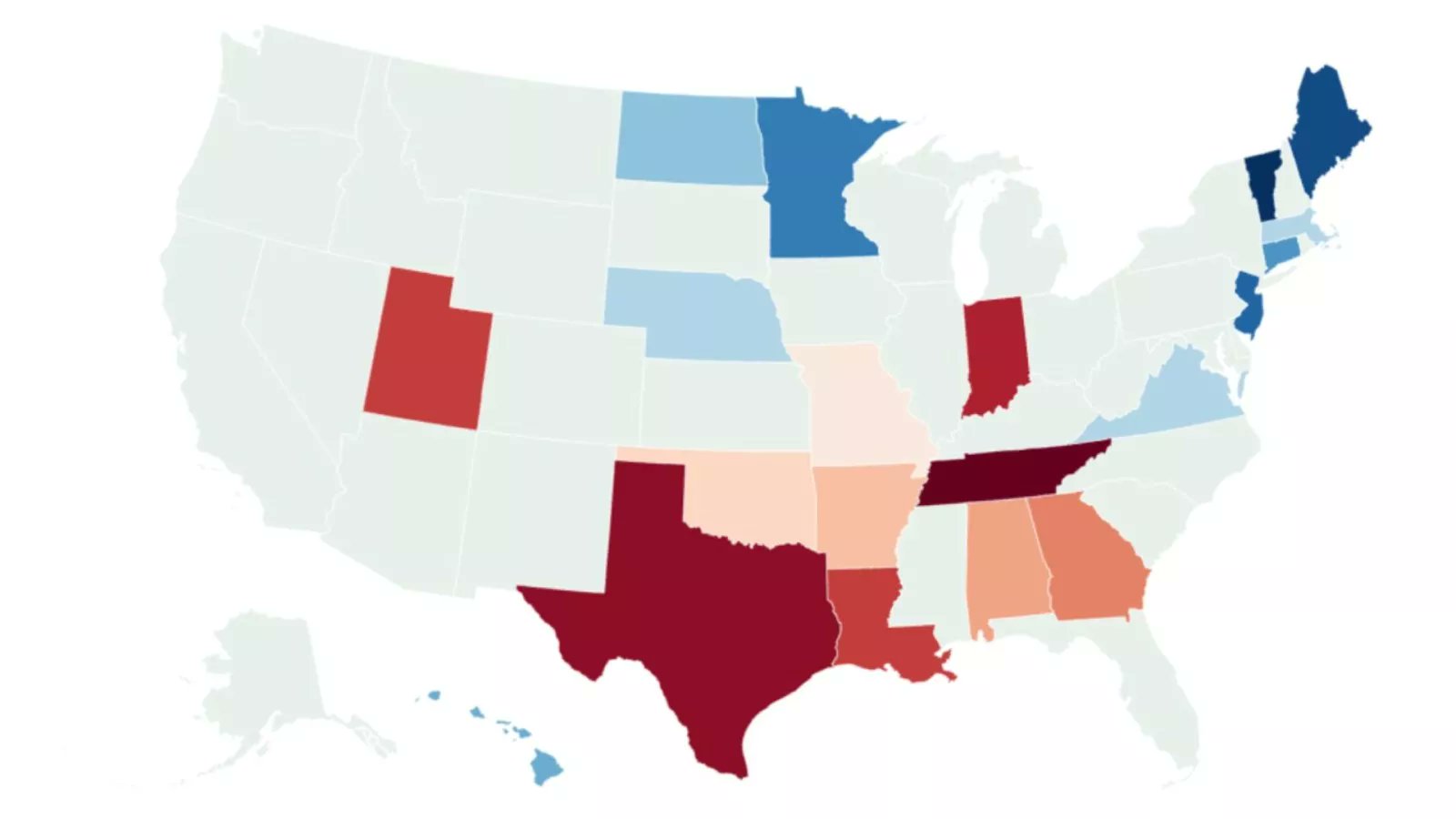
In March, we received the "Champions of Health" Award from @inspmx. It honors hundreds of researchers and partners who've made #WISEScales successful across 80+ countries. Thank you to all contributors and funders for highlighting water insecurity challenges.
How much money is enough to live on? In a working paper, Michael Kraus and his colleagues explore what people think is a living wage and how income shapes their estimates and influences their support for policies. #WorkingPaperWednesday spr.ly/6014fyfEq

Chicago’s 1995 heat wave killed 739 people. As extreme heat events become more common, climate change scholar Daniel Horton is co-leading the development of a data-driven tool to identify at-risk communities and guide policy. Read more in @chicagotribune: spr.ly/6018fH0K8
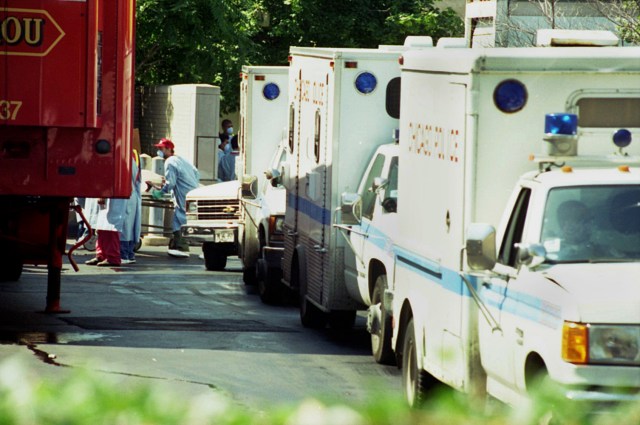
In @BLaw, @NorthwesternLaw's Kimberly Yuracko and Max Schanzenbach write that university trustees who fail to ensure their schools comply with anti-discrimination laws are breaching their fiduciary duties and could be held personally liable. spr.ly/6016fHp3M

Since February, the Trump administration has made drastic cuts to the Institute of Education Sciences (IES). @stats_tipton told @the74 that the IES provides critical guidance on effective school materials and tech and needs more, not less, support. spr.ly/6016fGdlG

A new working paper by @KiraboJackson and his colleagues finds that Universal Pre-K can deliver substantial economic benefits. In nine states and cities, UPK programs increased employment—especially among women—and raised earnings. spr.ly/6013f1Ahv

How is merit defined, and how does that shape access to opportunity? IPR’s Lauren Rivera draws on her own experiences navigating an elite prep school and Ivy League halls to study how definitions of merit shape inequality, from early education to hiring. spr.ly/6014f6kKY…
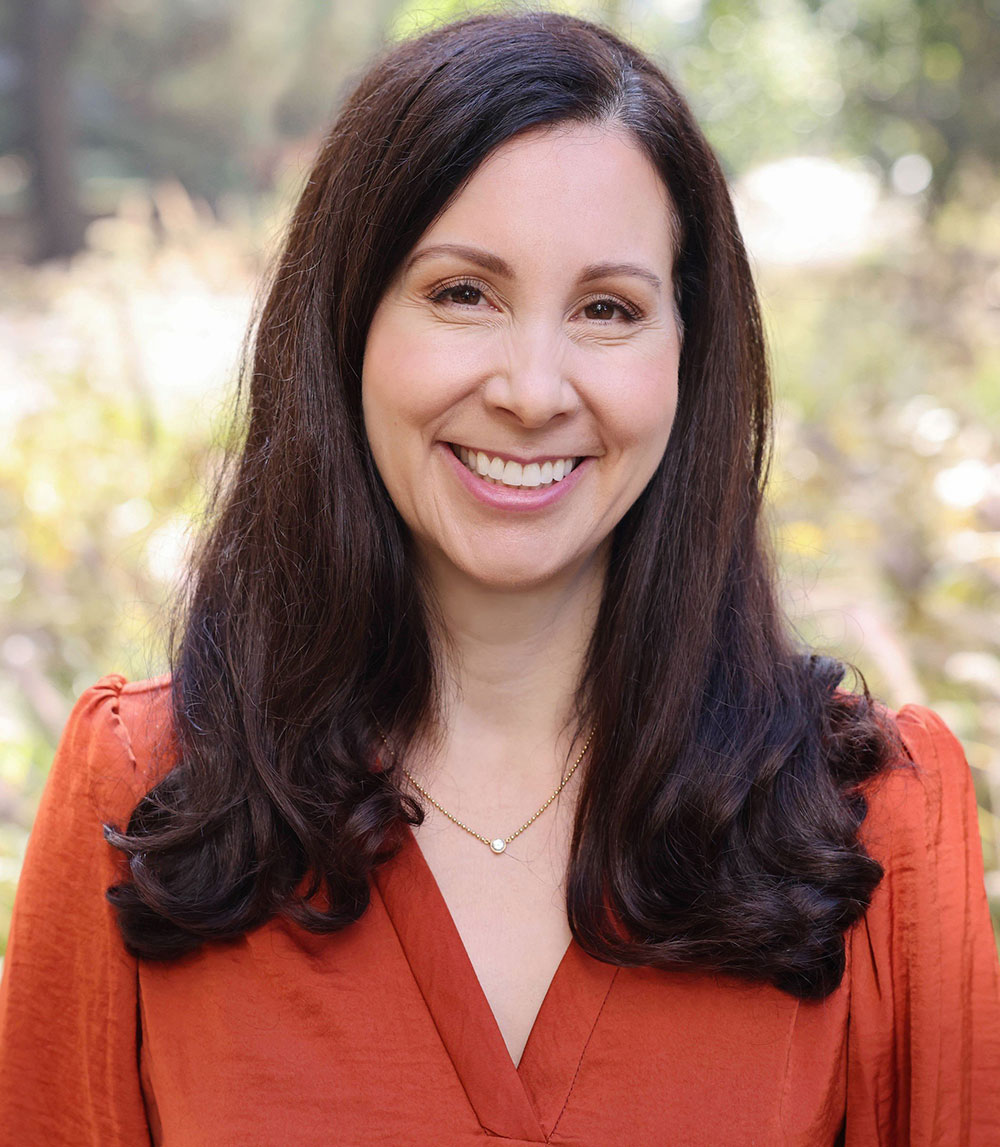
California’s life expectancy hasn’t returned to pre-COVID levels, according to a new study by @sesp_nu’s Hannes Schwandt. The study points to rising deaths from non-COVID causes like overdoses and heart disease as possible drivers. Read more in @nytimes: spr.ly/6010f6kE2
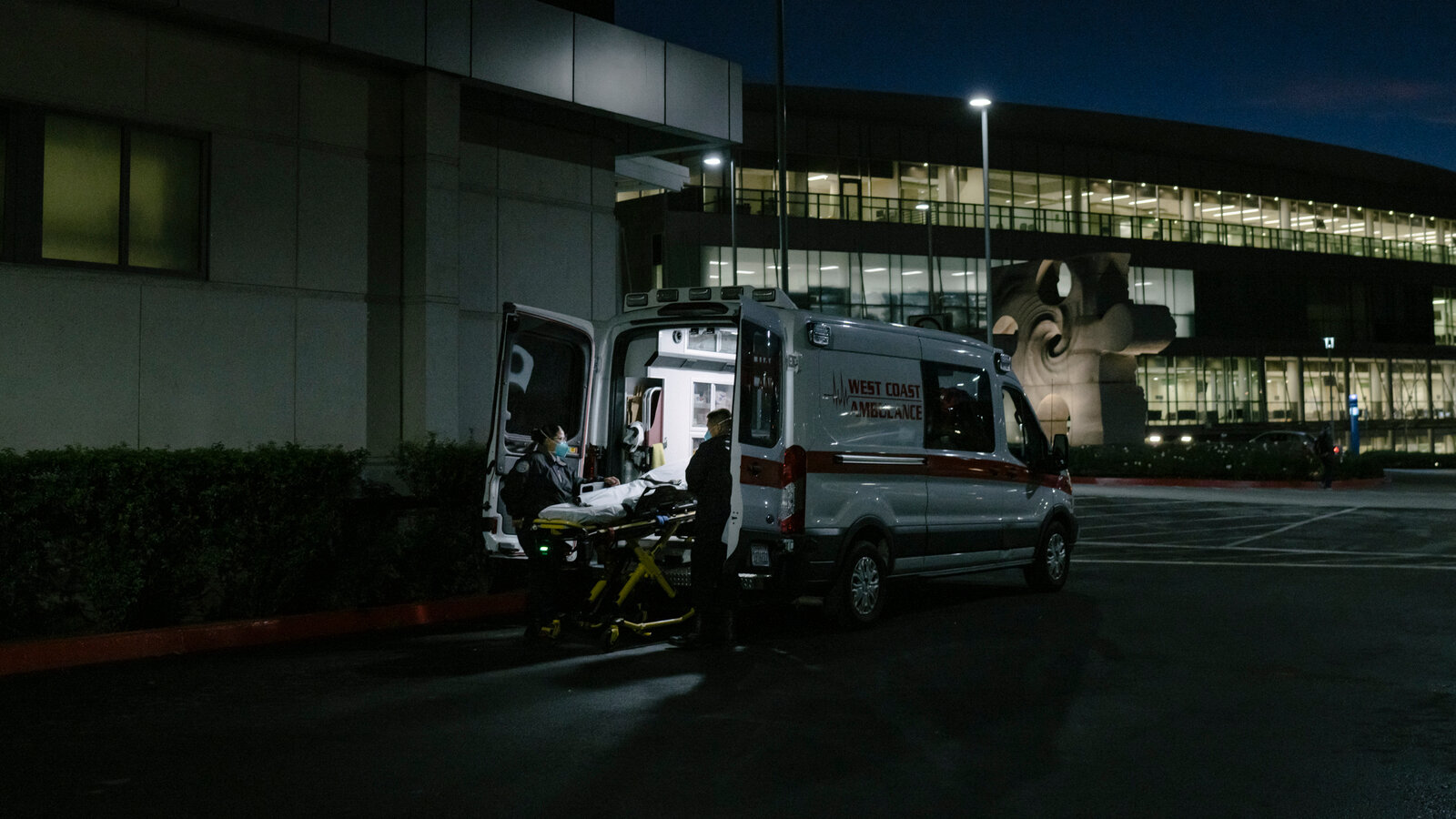
In a working paper, IPR graduate RA @MyeraRashid explores how the adoption of the typewriter reshaped women's job and marriage prospects in the late 19th and early 20th centuries—showing how technology can change economic mobility and social life. spr.ly/6011f6BmJ

How have newspapers reported on inflation over the last 100 years? A new working paper by @rfpvjr explores how news stories have changed over the last century and how that coverage is linked to people's expectations about future inflation. spr.ly/60114hQrb
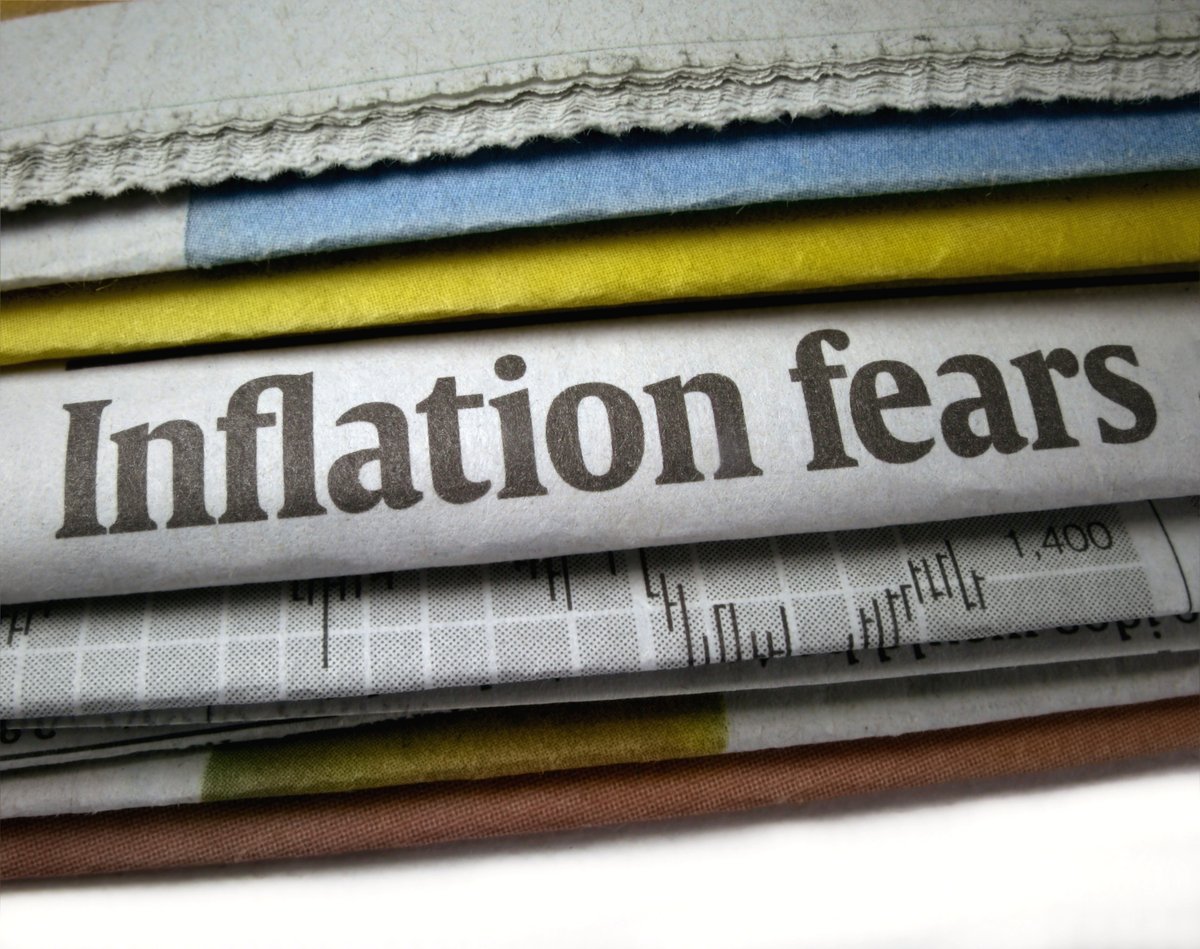
A new working paper by @KiraboJackson and his colleagues finds that Universal Pre-K can deliver substantial economic benefits. In nine states and cities, UPK programs increased employment—especially among women—and raised earnings. #WorkingPaperWednesday spr.ly/60134fNU7

Chicago’s 1995 heat wave killed 739 people. As extreme heat events become more common, climate change scholar Daniel Horton is co-leading the development of a data-driven tool to identify at-risk communities and guide policy. Read more in @chicagotribune: spr.ly/60194fNht

California’s life expectancy hasn’t returned to pre-COVID levels, according to a new study by @sesp_nu’s Hannes Schwandt. The study points to rising deaths from non-COVID causes like overdoses and heart disease as possible drivers. Read more in @nytimes: spr.ly/60154fNbW
